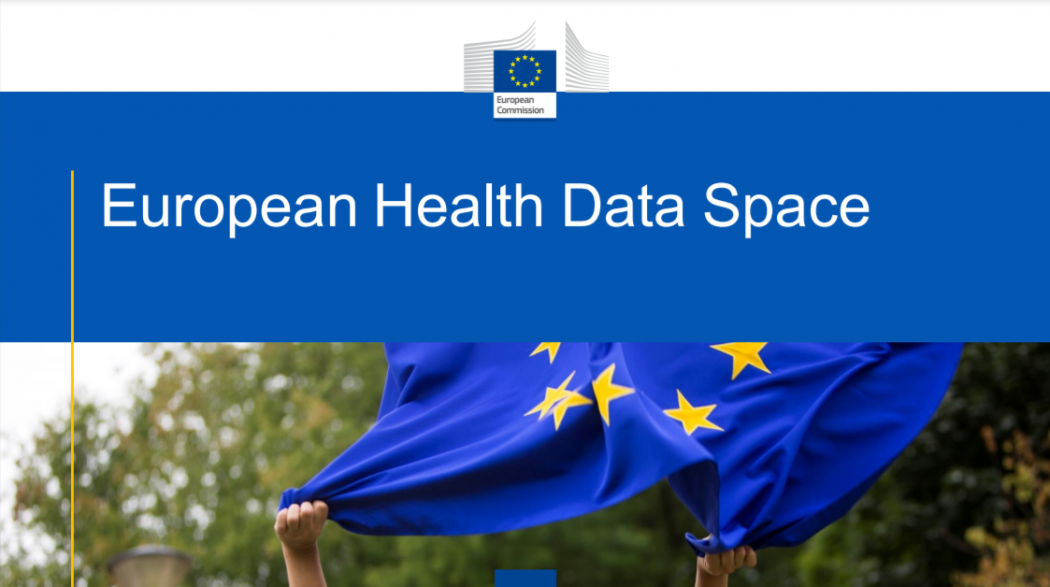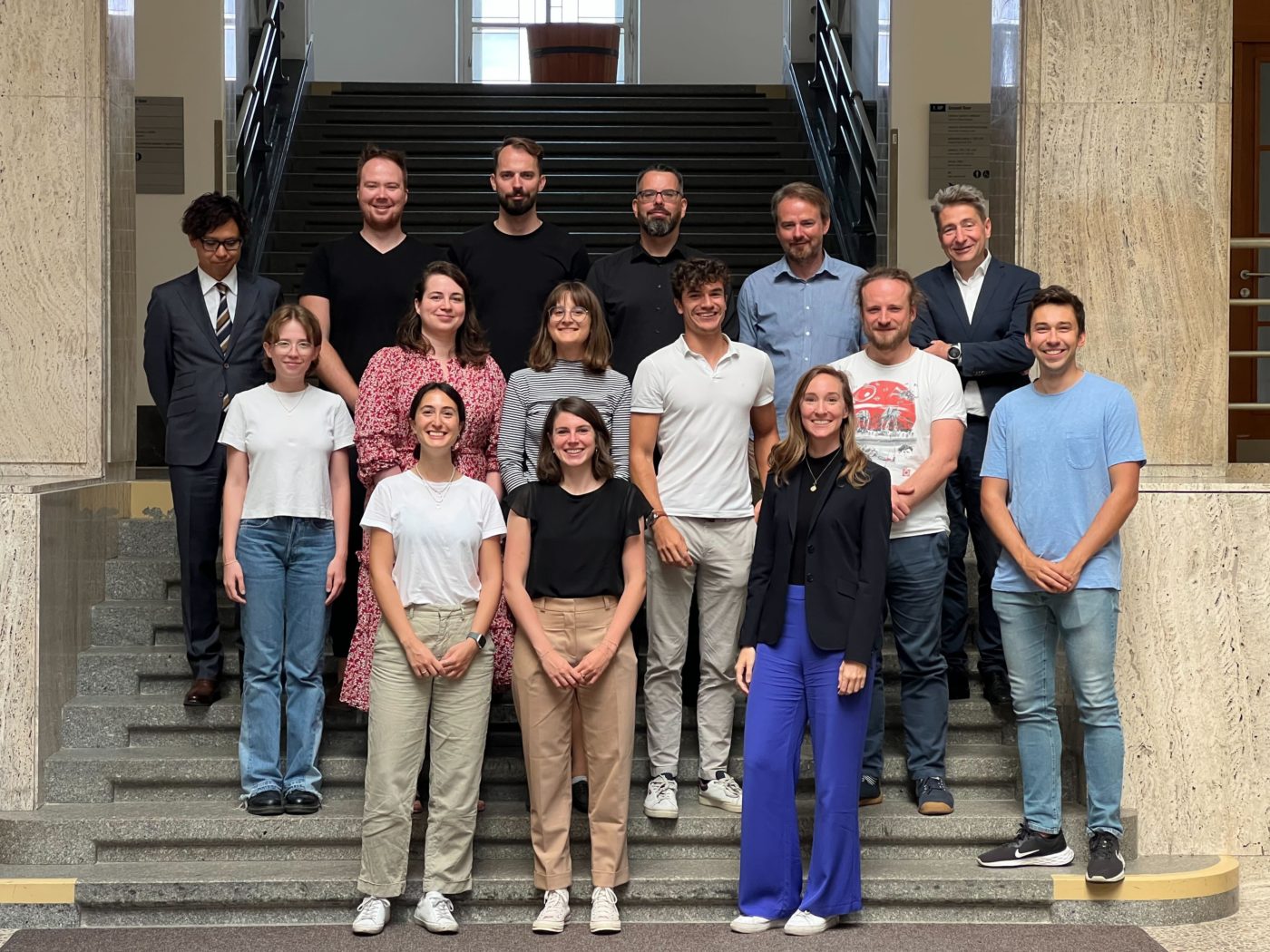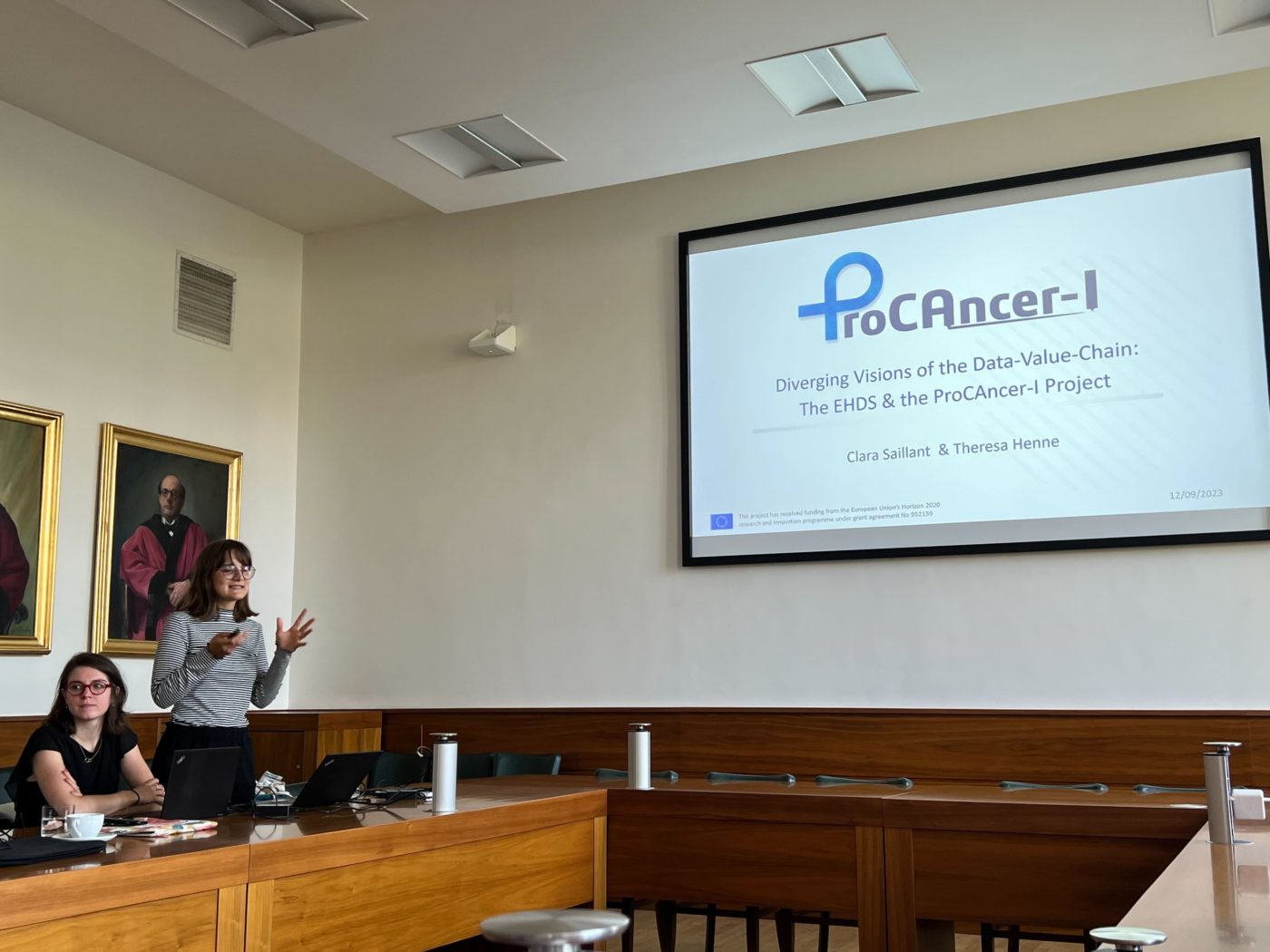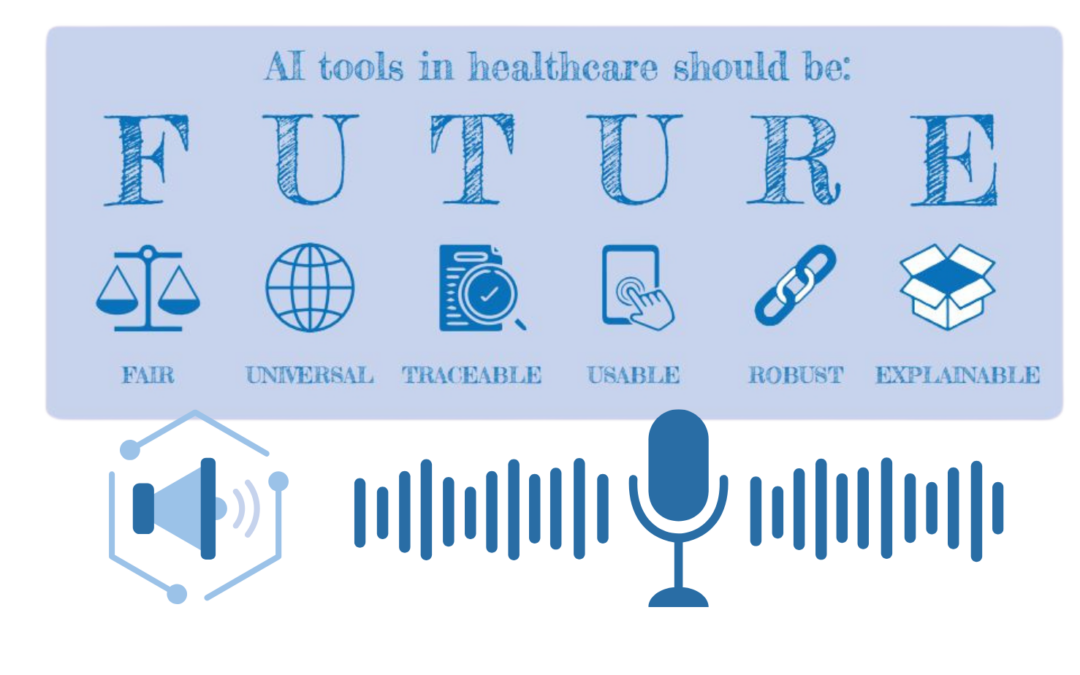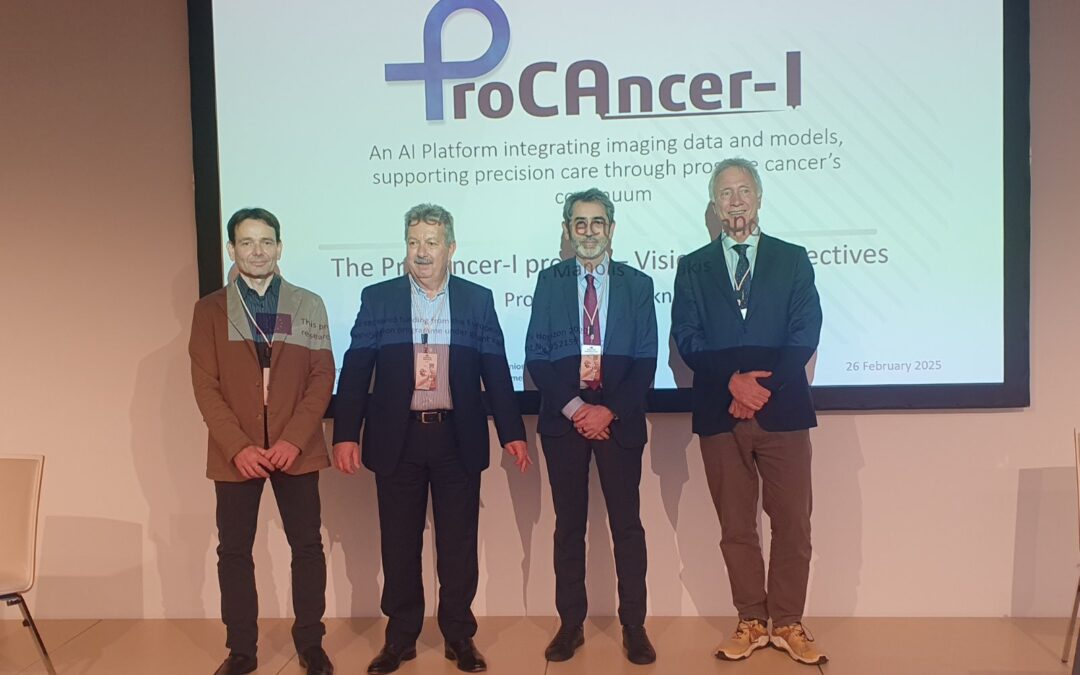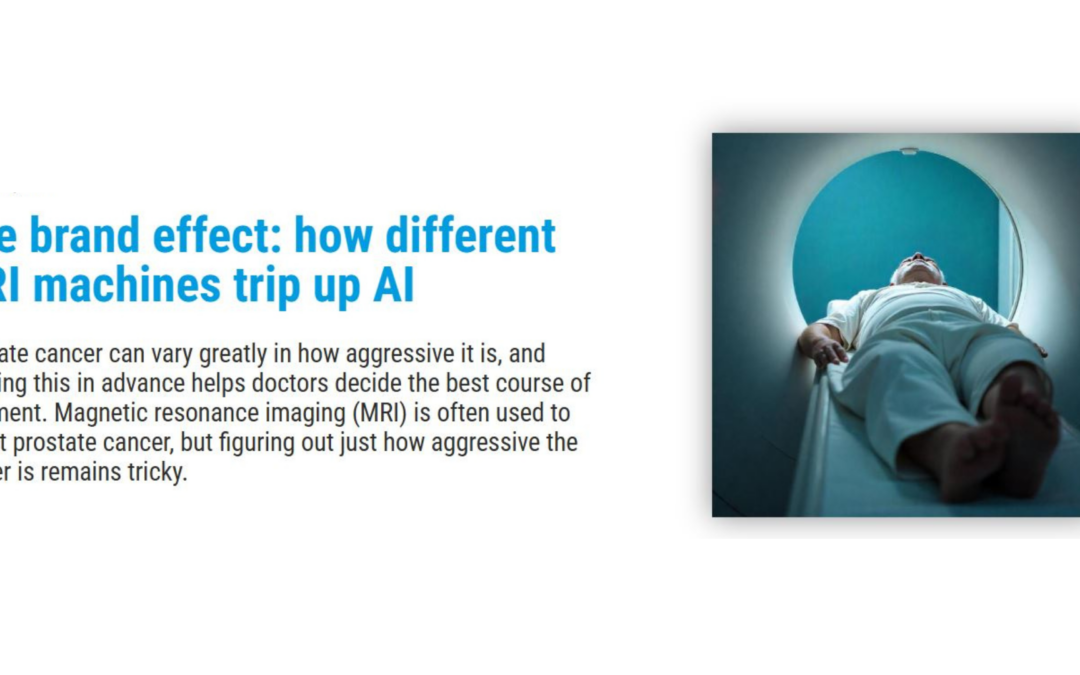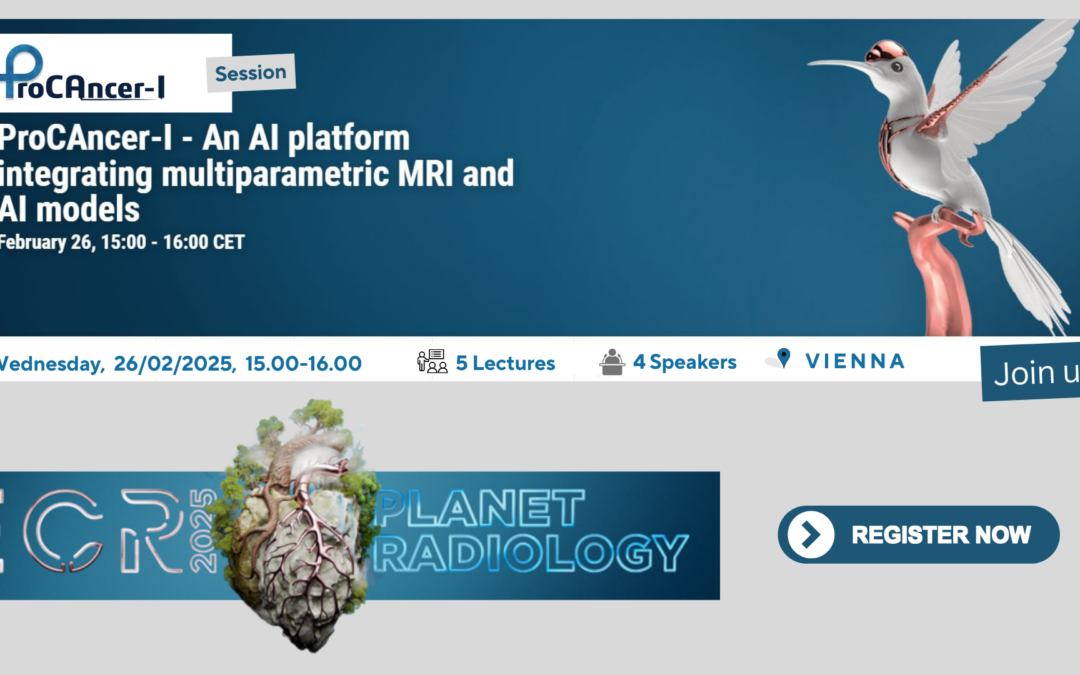by Clara Saillant & Theresa Henne
The proposal for a regulation on the European Health Data Space (EHDS), first published by the European Commission in Spring 2022, is outlining a governance framework for the secondary use of medical data for research purposes. It requires private and public data holders to make data available against payment of a reasonable fee that amounts for the costs of the provision and preparation of the data. By setting the terms of the data sharing, the EHDS draft puts forward a certain vision of how different stakeholders should be rewarded for their contribution to the generation of value through data. In the vision of the EHDS, data holders are only compensated for the labour costs of the data provision, but do not receive any financial or rights-based reward for the data asset itself. Either the data is, hence, not perceived as valuable as long as in the hands of the data holders, or data holders are simply expected to provide the data itself “for free” despite its value. When in the hands of data users, who develop AI technology, the commercial value of the data becomes immediately apparent, since artificial intelligence (AI) depends on large, high-quality datasets for the training and testing of their models.
Like the envisioned EHDS, the ProCAncer-I project develops a data sharing mechanism for the purposes of prostate cancer research. The question of how data providers should be rewarded has been discussed among the partners of the project. It has been argued that data providers should receive more than a compensation limited to the costs of providing the data but also be eligible to share potential rewards from the development of AI technology based on their data, such as IP rights. In this regard, the vision of the proposal on a European Health Data Space and the ProCAncer-I project d not fully align. The former makes a clear-cut between data provision and any potential product resulting from the use of it. So, is this a problem?
Legally, it is not. Even when the EHDS will be in force, it will not be prohibited for third parties, such as the ProCAncer-I project, to develop data sharing spaces governed by terms different to the EHDS. However, the same data provided via the ProCAncer-I repository will also be made accessible via the EHDS framework and, hence, a parallel system is created. Within the ProCAncer-I project, there are diverse opinions, with partners arguing both for and against alignment with the EHDS vision – the discussion will continue.
The UNIVIE team had the great pleasure to travel to the Masaryk University in the Czech Republic last week to meet with the team of the Department of Technology & Law and discuss current matters in data protection, AI development and health research. Clara and Theresa from the Department of Innovation and Digitalisation at University Vienna presented the diverging visions of the data value chain within the ProCAncer-I project and the EHDS at this occasion. This presentation was followed by a fruitful discussion with all colleagues, touching upon the issue that it is currently unclear when the EHDS will be enforced and at what point the envisioned mechanisms of the EHDS building on national authorities will be operable.

